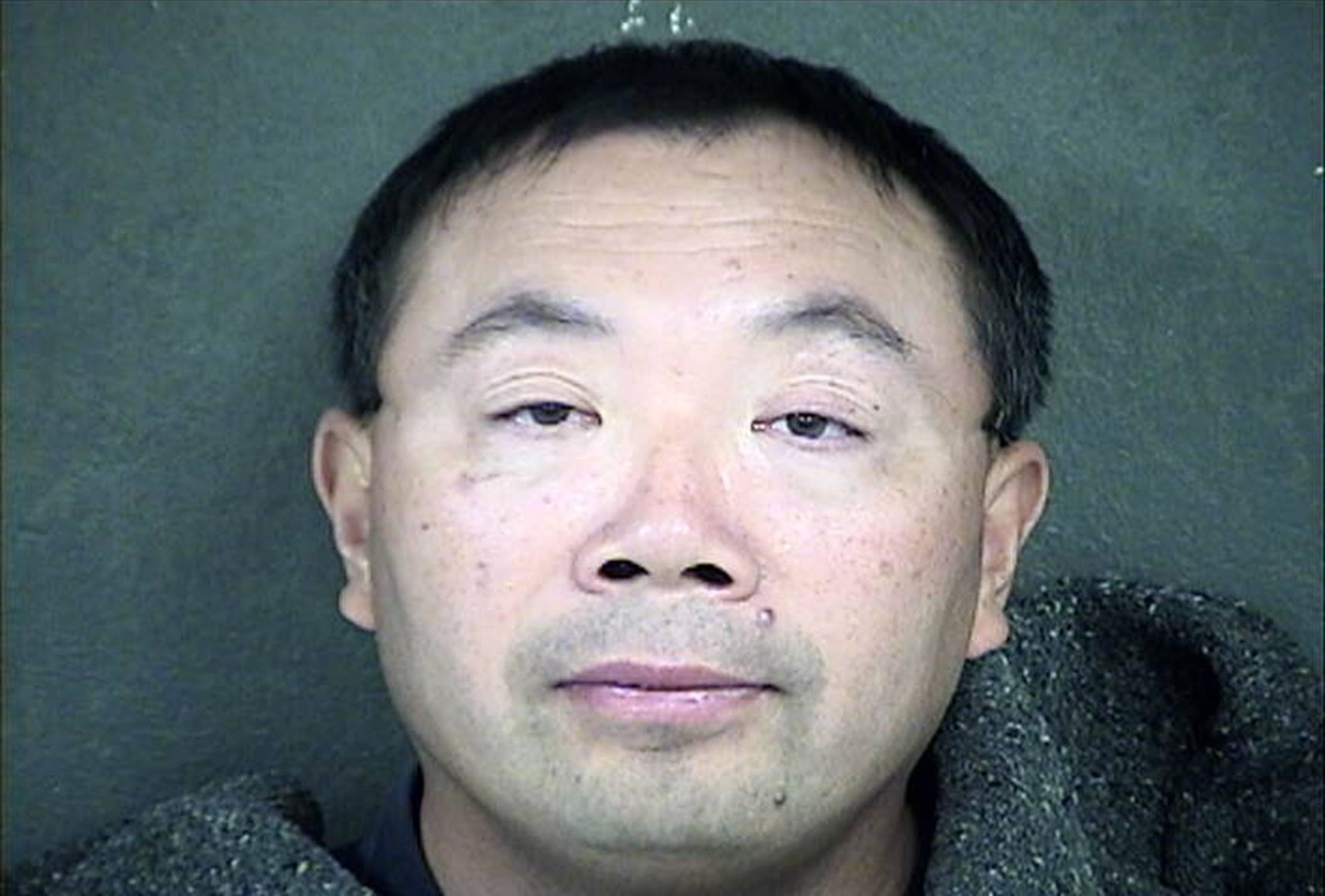
A scientist from China has been sentenced to 10 years in prison in the United States for stealing seeds of genetically modified American rice, the Department of Justice announced Wednesday.
The Chinese scientist, Weiqiang Zhang, 51, was a legal permanent resident living in Manhattan, Kansas. He was working as a rice breeder at Ventria Bioscience, a biopharmaceutical company that creates genetically modified rice. He stole hundreds of rice seeds from the company that had cost millions of dollars and taken years of research to develop, according to the Justice Department. He kept the seeds in his home.
Then in 2013, United States Customs and Border Protection agents found the seeds in luggage belonging to researchers who visited Zhang from China. They were on their way back to China with the seeds.
Related: U.S. colleges expelled up to 8,000 Chinese students in three years
In February, he was convicted of three counts: Conspiring to steal trade secrets, conspiring to transport stolen property across states lines and transporting stolen property between states.
"Weiqiang Zhang betrayed his employer by unlawfully providing its proprietary rice seeds to representatives of a Chinese crop institute," Acting Assistant Attorney General John Cronan said in a statement. "Today's sentence demonstrates the significant consequences awaiting those who would steal trade secrets from American companies."
The conclusion of the years-long case comes as President Donald Trump's administration is planning to punish China for what the White House has said is the theft of intellectual property by that country. In a tweet on Wednesday, the president put the annual amount of intellectual property theft at $300 billion.
FBI Director Christopher Wray has also warned about China. Asked during a Senate intelligence committee hearing in February about the counterintelligence risk from Chinese students in the U.S., Wray said, "The use of nontraditional collectors, especially in the academic setting, whether it's professors, scientists, students we see in almost every field office that the FBI has around the country…. They're exploiting the very open research and development environment that we have."
Two public defenders for Zhang did not respond to requests for comment on Thursday.
Uncommon Knowledge
Newsweek is committed to challenging conventional wisdom and finding connections in the search for common ground.
Newsweek is committed to challenging conventional wisdom and finding connections in the search for common ground.
About the writer
Max Kutner is a senior writer at Newsweek, where he covers politics and general interest news. He specializes in stories ... Read more





